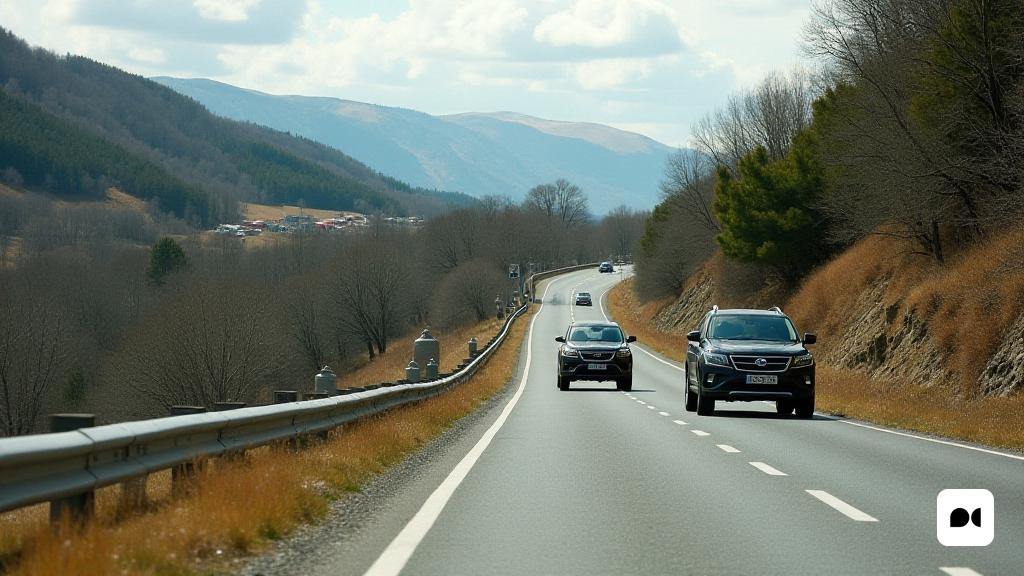The arrival of Easter and its implications
With the arrival of Easter, the roads leading to the Ripollès are collapsed. Large vehicles, mostly SUV and 4×4, are heading for mountain destinations, with a continuous flow reminiscent of animal migrations. The image of tourists with sunglasses and a distinctive accent is present in the villages, and with them, a debate on their influence and perception among the local inhabitants.
Understanding ‘outsiders’: a necessary reflection
Before entering the matter, it is important to clarify the term ‘outsider’. It is used to refer to those who come from Barcelona and who, in a way, become visitors in their own country. Not all locals are outsiders, but they can all be if they have not experienced the rural life of Catalonia. This generates a complex dynamic that deserves to be explored.
The confrontation between cultures: rurality vs. Urbanism
Hate towards the ‘outsiders’ is not a new phenomenon. It must be recognized that the pixapí represents a spectrum of behaviors that vary from occasional tourists to those that have been established in the second residences. It is not just to generalize; Each individual brings a unique story that deserves to be considered. Prejudices often arise from mutual misunderstanding.
The identity at stake
In the counties, there are families who, despite the years, are still perceived as ‘those in Barcelona’. This dynamic emphasizes the difficulty of integrating into a community where the roots are deep. However, acceptance of this diversity can lead to richer and more significant coexistence.
The complex relationship between spaces
In Barcelona, the perception of the rural world is often characterized by the lack of self-awareness, while the inhabitants of the villages may feel overwhelmed by the excess of urbanites’ self-confidence. This duality generates an incommunicability that feeds on prejudice and ignorance.
Mutually demanded needs
The hospitality, restoration and local trade depends largely on the arrival of visitors. However, this flow of population, which may seem beneficial, also generates an identity tension between natives and newcomers. This dependence causes a love-hate relationship that is difficult to manage.
Recognition and shared identity
The need for mutual recognition is fundamental. Many locals refer to their rural refuge as ‘the village’, which can be offensive to those born. This perception of the ‘people’ as a leisure space contrasts with its reality as a home for many. Recognizing this difference can facilitate more harmonious coexistence.
The dialectic of the looks
The vision that each of these spaces has on the other is essential to understanding the complexity of these relationships. While locals can see the rural world as a space of tranquility and escape, the villagers can perceive the city as a place of chaos and disconnect. It is essential to work to overcome these perceptions and to build a more enriching dialogue.
With all this, it is clear that the interaction between the rural and urban world is rich and complex. The future of this relationship depends on our ability to understand and recognize our differences, instead of letting go of prejudices that move us away from each other.

